

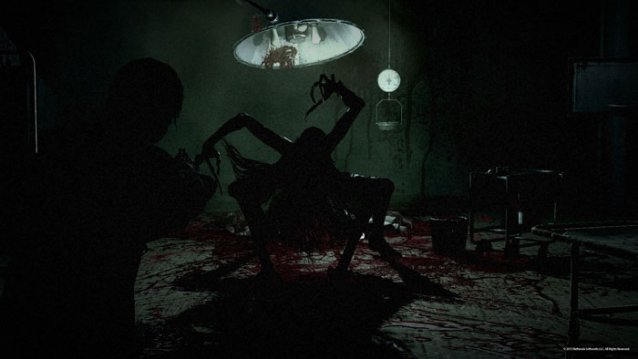
The Evil Within is Shinji Mikami’s first survival horror title since Resident Evil 4, and it will be his final directorial work. At E3, he proudly explained how The Evil Within marks a return to what he refers to as “pure survival horror,” and he has openly discussed how the game should—and shouldn’t—operate within its genre. Comments such as these provide useful insight into what audiences can expect from the title, and they also suggest how recent “survival horror” games may have strayed from the genre’s precepts.
First and foremost, Mikami prioritizes the experience of real terror in survival horror titles. He remarked at E3 that players “should experience immeasurable fear [and] also the triumph of overcoming those fears.” These goals are apparent in E3’s live demo of The Evil Within. Sebastian, the game’s protagonist, must flee from a chainsaw-wielding enemy, and this pursuit takes place in a series of narrow and dimly lit corridors, leaving players few places to hide. Eventually, Sebastian manages to conceal himself inside a locker, but even this shelter is not safe. His monstrous pursuer destroys the adjacent lockers before growing distracted at the last possible second. A later segment of the demo finds Sebastian armed but still at a disadvantage. As he wanders down a long corridor, the building’s architecture changes without warning and spawns either a horde of enemies or an abrupt wave of blood a la The Shining. In time, the visions fade to reveal that he has been teleported to an entirely different location, disorienting both the character and the player directing him.
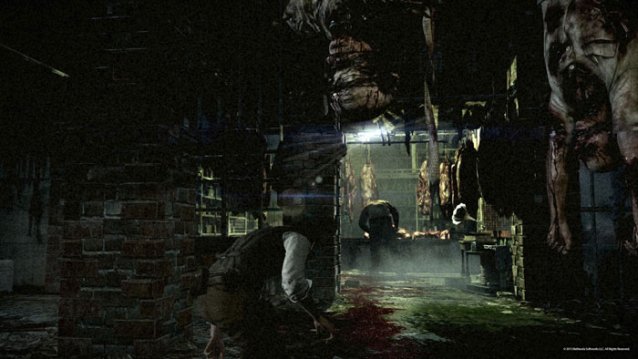
Contrasting moments like these illustrate Mikami’s core strategy for inspiring terror: the systematic disorientation of players. Mikami openly admitted to this tactic in a recent interview with Eurogamer, stating how, when “used at the right time and in the right way, disempowerment can be the most powerful tool for the horror game creator.” When the game’s protagonist feels invulnerable, then the player feels equally powerful. This is a weak point in Resident Evil’s later installments, where the protagonists are capable of breaking both boulders and enemies alike with their bare fists. Conversely, The Evil Within is quick to establish how Sebastian is anything but invulnerable. At varying points in the demo, the cop is bound and hung upside down, grievously debilitated by a swing of his enemy’s chainsaw, and, eventually, stranded hopelessly inside of an asylum by a city-wide sinkhole. In a similar fashion, there will be moments in the game where weapons in the traditional sense are unavailable, forcing players to rely on stealth and unfamiliar environments to survive. The powers at work are beyond comprehension or control, and this is meant to leave the audience feeling equally helpless.
Mikami also revealed at E3 that his latest game will not be plagued by the pesky, button-mashing sprees known as quick time events. This decision seems to be a direct response to how QTE-laden titles tend to veer sharply into action filled territory. The split-second response required for QTEs do make for tense, dramatic set pieces, but they test how quickly a player can press a button rather than challenging players to direct a character in a dire situation. Indeed, the only “quick” decisions in the demo require players to rapidly steer Sebastian around debris or swiftly throw a bottle as a distraction. The result is a more immersive and believable horror experience that is uninterrupted by frenzied attempts to press “X” within an allotted time period.
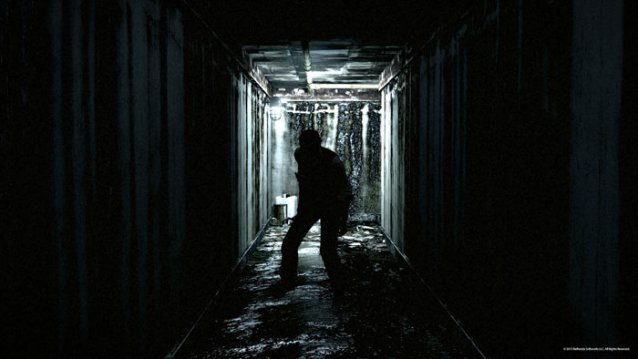
These features suggest that Mikami’s claim of a “pure survival horror” is highly justified. In addition to unsettling environments and monstrous enemies, those at Tango Gameworks are developing The Evil Within with intent to unseat the player’s empowerment and test their survival instincts. Mikami’s latest masterpiece will be released on PC and all next and current gen consoles. No precise release date has been announced, but players will be forced to confront their fears sometime during 2014.
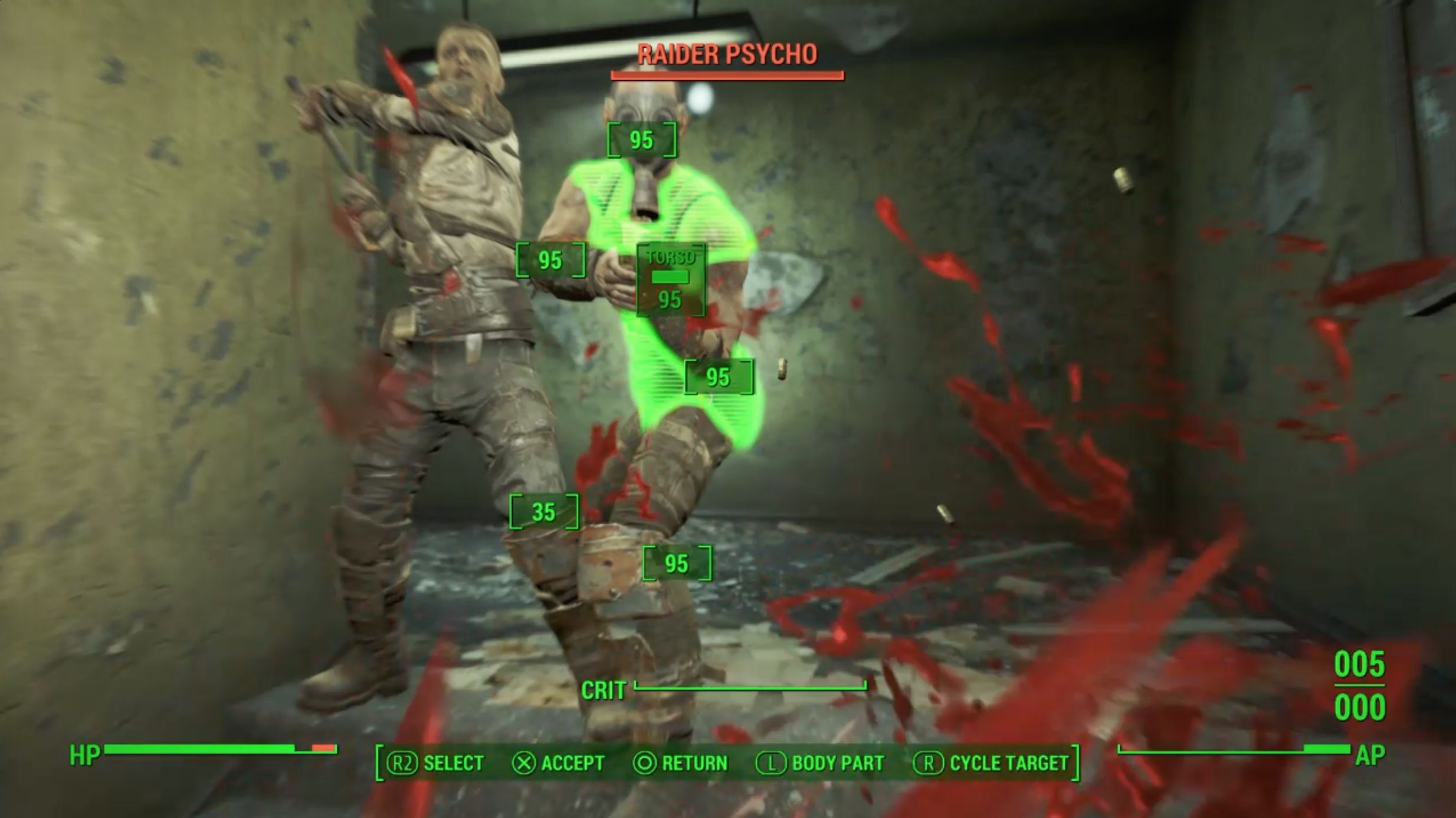

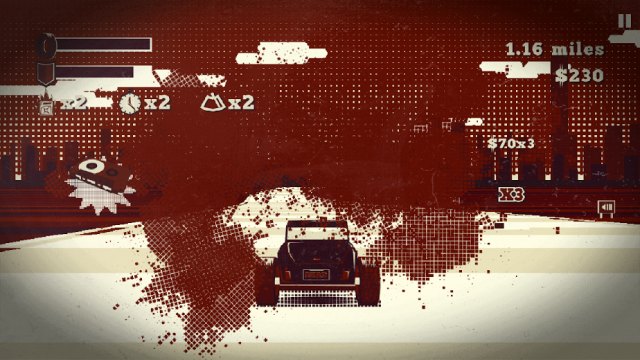

 Is Angry Birds Stella Pop Worth Downloading?
Is Angry Birds Stella Pop Worth Downloading?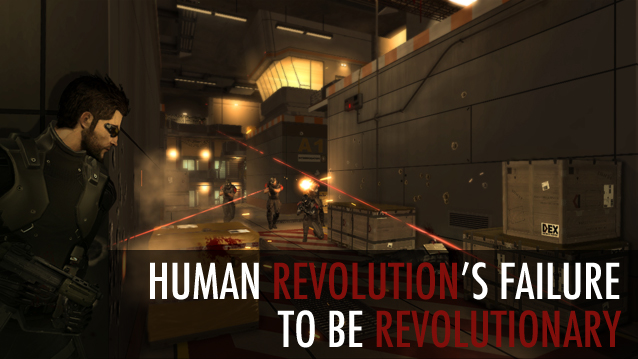 Human Revolutions Failure to be Revolutionary
Human Revolutions Failure to be Revolutionary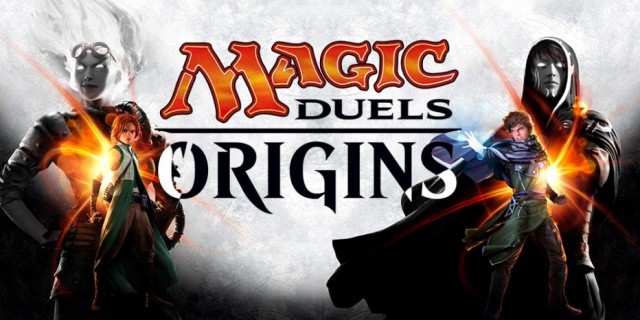 How to fix fatal errors in Magic Duels:Origins
How to fix fatal errors in Magic Duels:Origins Abolish Unoriginal Film and TV Tie-Ins!
Abolish Unoriginal Film and TV Tie-Ins!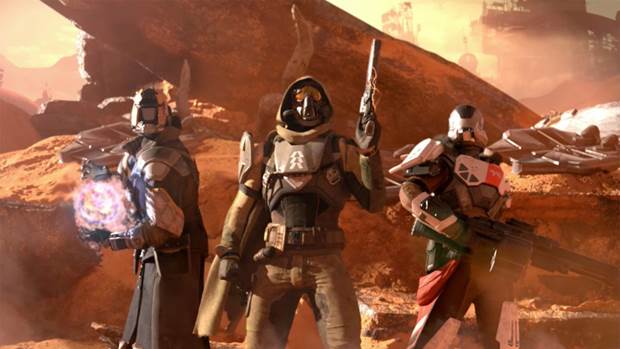 New Destiny Glimmer/Engram Farm Location Found
New Destiny Glimmer/Engram Farm Location Found